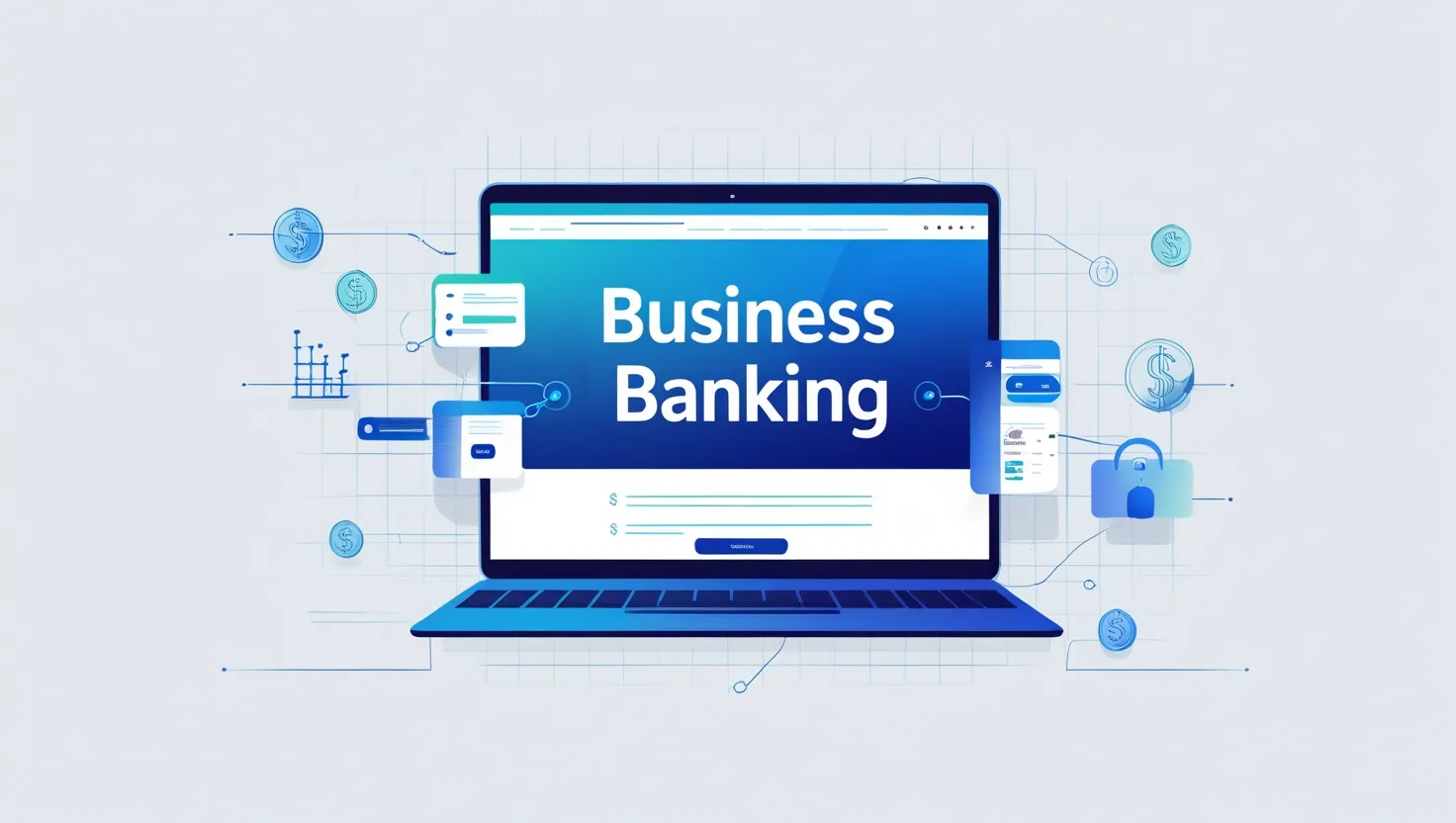How to Choose the Best Business Bank Account for Your Startup-Starting a new business is an exciting journey, but it comes with its own set of challenges—one of which is managing your finances. Choosing the right business bank account is crucial for your startup’s success. With numerous options available, it can feel overwhelming. But don’t worry! This friendly guide will help you navigate the process of selecting the best business bank account for your startup.
Understanding Your Business Needs

Before diving into the specifics, it’s essential to assess your startup’s unique financial needs. Consider factors like:
- Transaction Volume: Estimate how many transactions you’ll process monthly. Will you primarily receive payments, or will you make frequent payments to suppliers?
- Cash Flow Needs: Think about how you manage your cash flow. Do you anticipate needing quick access to funds or regular deposits?
- Business Type: Different industries may have different banking needs. For instance, e-commerce businesses might require better online services than a local retail store.
By understanding your business requirements, you can filter your options effectively.
1. Low Fees and Competitive Rates
One of the first things to consider when evaluating a business bank account is the fee structure. Startups often operate on tight budgets, so it’s vital to look for accounts with low or no monthly maintenance fees. Some banks might waive fees if you maintain a minimum balance, which can be a great incentive.
Additionally, keep an eye out for:
- Transaction Fees: Determine how much you’ll be charged for each transaction. If your business involves a lot of payments, these fees can add up quickly.
- ATM Fees: Check if the bank charges for using out-of-network ATMs, as this can impact your accessibility.
Opt for a bank that offers transparent pricing, ensuring you’re fully aware of all potential charges. (Read More: Business Administration Jobs: Remote Work and Flexible Opportunities in 2024)
2. Robust Online and Mobile Banking Features
In today’s digital age, having a strong online banking platform is a must. Your business bank account should provide a user-friendly online banking interface and a mobile app that allows you to manage your finances conveniently.
Key features to look for include:
- Mobile Check Deposit: This feature lets you deposit checks directly from your smartphone, saving time and hassle.
- Real-Time Alerts: Get instant notifications for transactions, which helps you stay on top of your cash flow.
- Expense Tracking: Some accounts offer integrated tools to help you categorize and track your expenses, making bookkeeping a breeze.
These features will enable you to manage your business finances efficiently, even on the go.
3. Integration with Accounting Tools

As a startup, managing your finances effectively is crucial. Look for a business bank account that easily integrates with popular accounting software like QuickBooks or Xero. This integration can automate the syncing of transactions, significantly reducing manual entry and potential errors.
Additionally, consider how the account interfaces with payment processors if you run an online business. Seamless connections with services like PayPal, Stripe, or Square can simplify payment management and streamline cash flow.
4. Customer Service and Support
Good customer service can make all the difference, especially when you’re a startup navigating the complexities of business banking. Look for a bank that offers responsive support, whether through phone, chat, or in-person visits. You may have questions about your account or need assistance with a transaction—having access to knowledgeable support can alleviate stress. (Read More: Sustainable Business: Environmental and Social Pulse on 2024)
Consider banks that provide:
- 24/7 Support: It’s beneficial to have access to assistance whenever you need it, especially if you’re working irregular hours.
- Dedicated Business Bankers: Some banks assign a specific representative to your account, which can enhance your banking experience and provide personalized support.
5. Accessibility and Convenience

Finally, consider the accessibility of the bank you choose. While online banking is essential, having physical branches nearby can be helpful, especially for cash deposits or if you prefer in-person service. (Read More: The American Society of Military Comptrollers (ASMC) changed its name to the Society of Defense Financial Management (SDFM) in 2024)
Check for:
- Local Branches and ATMs: Ensure that the bank has convenient locations and ATMs in your area.
- Business Services: If you plan to expand, look for banks that offer a range of services, such as business loans, lines of credit, or merchant services. This way, as your startup grows, your bank can support you along the way.
Conclusion article How to Choose the Best Business Bank Account for Your Startup
Choosing the best business bank account for your startup doesn’t have to be daunting. By assessing your business needs, focusing on low fees, ensuring robust online features, and prioritizing customer support, you can find an account that suits your requirements perfectly.
Take your time to research and compare different banks, and don’t hesitate to ask questions. The right business bank account will provide a solid foundation for your startup’s financial health, allowing you to focus on what truly matters: growing your business. Happy banking!





[…] the world of business banking, fees can add up quickly. In 2024, it’s more important than ever to find a business bank account […]
[…] by A Family Business in 2024 How to Choose the Best Business Bank Account for Your Small Business How to Choose the Best Business Bank Account for Your Startup The Role of a Business Broker in Navigating Small Business Sales The Ultimate Guide to WhatsApp […]
[…] Moreover, many of these lenders use data-driven algorithms to evaluate creditworthiness, meaning small business owners don’t have to rely solely on traditional credit scores to qualify for loans. This is particularly helpful for businesses with limited financial history or those in non-traditional industries. (Read More: How to Choose the Best Business Bank Account for Your Startup) […]
[…] For your startup, make sure you understand where your money is going. Keep overhead costs low and invest in areas that will drive growth. Keep track of your expenses, especially in the early years, and make smart decisions about raising funds. Seek out venture capital, angel investors, or other funding options that align with your long-term goals. (Read More: How to Choose the Best Business Bank Account for Your Startup) […]